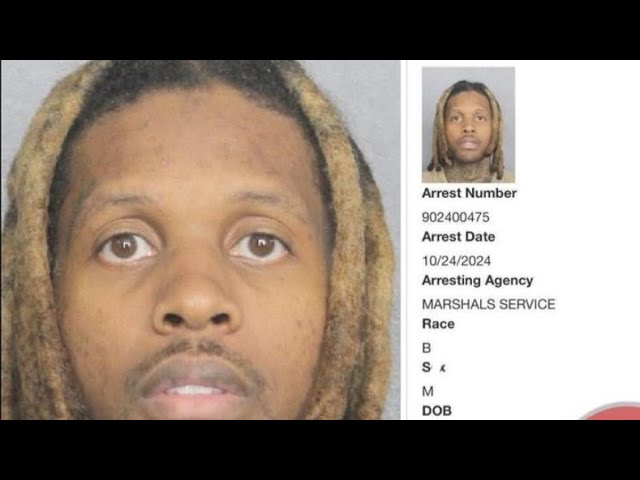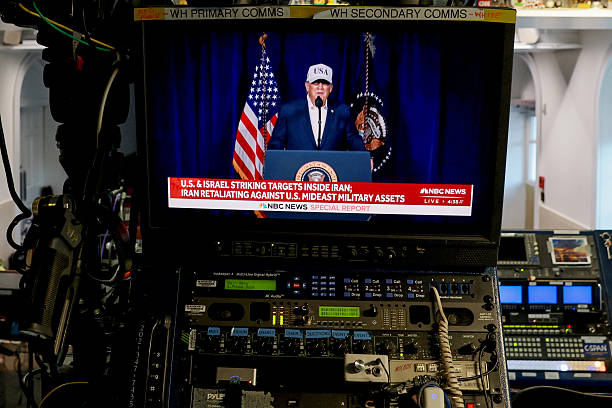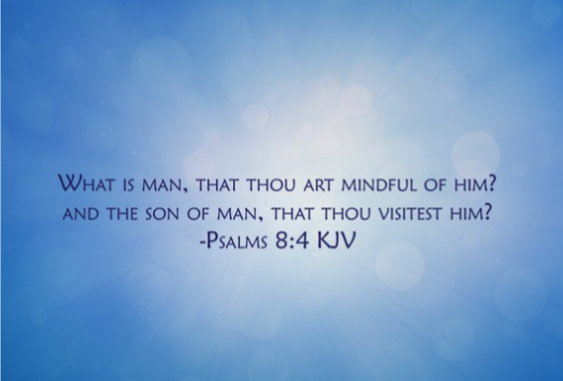(ThyBlackMan.com) In a bombshell turn of events, Chicago rapper Lil Durk, born Durk Banks, found himself behind bars on October 24, facing serious charges. The hip-hop artist who often branded himself as the “Voice of the Streets” and seemed to be turning over a new leaf has now been accused of masterminding a murder-for-hire plot. Lil Durk, a 32-year-old Grammy-winning artist known for his unfiltered lyrics and connection with the Only the Family (OTF) collective, is reportedly linked to a federal murder conspiracy that’s made headlines nationwide.
This latest arrest in South Florida pulls the curtain back on Durk’s tumultuous journey—a life shaped by a complicated mix of street loyalty, personal tragedy, and a public shift toward Islam. As he sits in the Broward County Jail awaiting his transfer to federal custody, questions swirl about how much of his past may have been genuine, or whether he’s always been the calculated figure his lyrics suggest.

The Arrest: A Game-Changing Development in Durk’s Story
On October 24, Broward County law enforcement apprehended Durk Banks, charging him with conspiracy to commit murder-for-hire. Reports reveal that Lil Durk’s case is tied to a much broader investigation involving the OTF collective. Authorities confirmed that five additional men, all linked to OTF and its alleged gang activities, were arrested and indicted for similar charges by federal prosecutors out of California. The five suspects—Kavon London Grant, Deandre Dontrell Wilson, Keith Jones, David Brian Lindsey, and Asa Houston—are believed to have participated in the scheme, which allegedly targeted Tyquian Terrel Bowman, better known as Georgia-based rapper Quando Rondo.
The charges against Durk and his affiliates are severe: conspiracy to commit murder-for-hire resulting in death, as well as the illegal use and discharge of firearms, including machine guns, in a violent crime. According to court records, Durk and his associates allegedly orchestrated a series of events intended to eliminate Rondo, a plot that some speculate was a response to the tragic death of Durk’s close friend and OTF member, King Von.
King Von’s Death: The Alleged Spark That Lit the Flame
Durk’s connection to King Von runs deep. In November 2020, Dayvon Bennett, known as King Von, was shot outside the Monaco Hookah Lounge in Atlanta during a confrontation between two groups. King Von’s death left a deep scar on Lil Durk, who often referred to Von as more than just a friend—they were practically family. The tragedy added another layer of pain and chaos to an already troubled life. According to sources, this tragedy set the stage for Durk’s alleged retribution plan.
The federal investigation points to Durk’s suspected role in planning the attack on Rondo and his crew, including Lul Pab, who was killed in a shooting at a Los Angeles gas station in August 2022. It’s claimed that OTF members orchestrated the plot to take out Rondo as retaliation for Von’s death. The leaked court documents paint a grim picture of the alleged coordination efforts, detailing rented vehicles, credit card payments used to finance travel, and arms transactions, all leading to Rondo’s crew. Authorities allege that Lil Durk’s OTF members were promised money and music industry opportunities in exchange for bringing down Rondo.
A Troubled Past: Lil Durk’s Complex Relationship with Street Life
Lil Durk’s life has been a whirlwind of success, violence, and personal challenges. Born in Chicago’s rough South Side, Durk wasn’t just raised by the streets—he embodied them. From a young age, he found himself on the wrong side of the law. The gritty lifestyle he portrayed in his music was reflective of his reality. In his teens, Durk faced numerous run-ins with the law, including weapons charges, and developed a reputation as someone deeply entangled in Chicago’s notorious gang culture.
As his career took off, his affiliation with the OTF collective solidified. But OTF wasn’t just a music label; it had links to the Chicago gang scene, and many questioned how much of Durk’s loyalty to the group was an act of loyalty or something darker. The gang ties weren’t just rumor—multiple OTF affiliates have been implicated in criminal activity, from drug trafficking to violent crimes. Lil Durk’s rise to fame seemed to run parallel with his entanglement in the street life, and fans began to view him as a gangster-turned-rapper.
Even as he transitioned into mainstream success, the violence followed. In 2019, Lil Durk and King Von were arrested in connection with a shooting in Atlanta. While they managed to sidestep serious charges, it became clear that Durk’s life was one of blurred lines between fame and infamy.
A Shift to Islam: Was It Sincere or a PR Move?
Lil Durk’s recent journey into Islam took many by surprise. As he publicly embraced Islam, many believed it was his way of leaving behind the chaotic, violent life he’d been leading. But in light of these recent charges, fans are left questioning his motivations. Was his newfound faith part of a genuine transformation, or simply a shield from the inevitable consequences of his actions?
Over the past few years, Durk had been vocal about his commitment to peace and redemption, attributing his change of heart to his embrace of Islam. He frequently shared words about spirituality, growth, and responsibility on social media, presenting himself as someone ready to put the past behind. For many, his conversion appeared to be an act of contrition, a way of letting go of the violent narrative that had haunted him for years.
But the new charges paint a different picture. Critics argue that his transformation was nothing more than a convenient front. His abrupt shift to religion seemed to deflect attention from his gang affiliations and legal troubles. Was he, as some speculate, manipulating public perception while continuing to control OTF behind closed doors?
Was It All Just a Game? Theories Swirl Around Lil Durk’s Alleged “Master Plan”
Some fans and critics alike believe that Lil Durk’s life has been a carefully crafted narrative, a way to maintain both street credibility and mainstream appeal. According to this theory, he never truly left behind the lifestyle he raps about. Instead, he used his platform to elevate OTF, blending his gangster image with a façade of redemption.
The timing of his conversion to Islam raises eyebrows, too. For many, it seemed like an attempt to distance himself from the mounting allegations and cover up his involvement in the underworld. By projecting an image of personal growth, Durk gained sympathy from fans and the media, who viewed him as a reformed man trying to do right by his family and community.
If these conspiracy charges hold up in court, they’ll reveal a shocking duality in Durk’s life—a public figure who built his brand around loyalty, family, and street knowledge, while allegedly orchestrating violent retribution behind the scenes. And if proven true, this arrest will reinforce the idea that Durk’s rise to fame was intricately planned, rooted in gang culture, and veiled by a deceptive image.
Public Reaction: Fans Torn Between Admiration and Disbelief
The hip-hop community has been rocked by Lil Durk’s arrest. His fans have long admired him for his resilience, seeing him as a figure who rose from Chicago’s unforgiving streets to achieve global fame. Many of his fans feel betrayed, expressing disappointment over his apparent return to a life of violence. Others, however, believe he was “set up,” arguing that his loyalty to OTF has made him a target of law enforcement.
Meanwhile, hip-hop critics argue that Durk’s story is a familiar one. Rappers tied to gang culture often find themselves drawn back into the world they sought to escape. Whether by choice or by necessity, Durk’s arrest has raised questions about the price of loyalty in the rap industry, particularly for artists who can’t fully disentangle themselves from their pasts.
The Road Ahead: Will Durk Survive This Chapter?
As Lil Durk faces one of the biggest challenges of his life, his fate remains uncertain. The charges could lead to a lengthy prison sentence, stripping him of the life he worked so hard to build. Fans, friends, and fellow artists are anxiously awaiting the outcome of his case, wondering whether this is the end of the “Voice of the Streets” or merely another chapter in an ongoing saga.
For now, Durk’s future is in the hands of the judicial system. Whether he’ll be able to reclaim his narrative, or if his journey from gangster to rapper will come full circle, is anyone’s guess. But one thing is clear: Durk’s story serves as a potent reminder of the power—and the peril—of living life on the edge.

















Leave a Reply